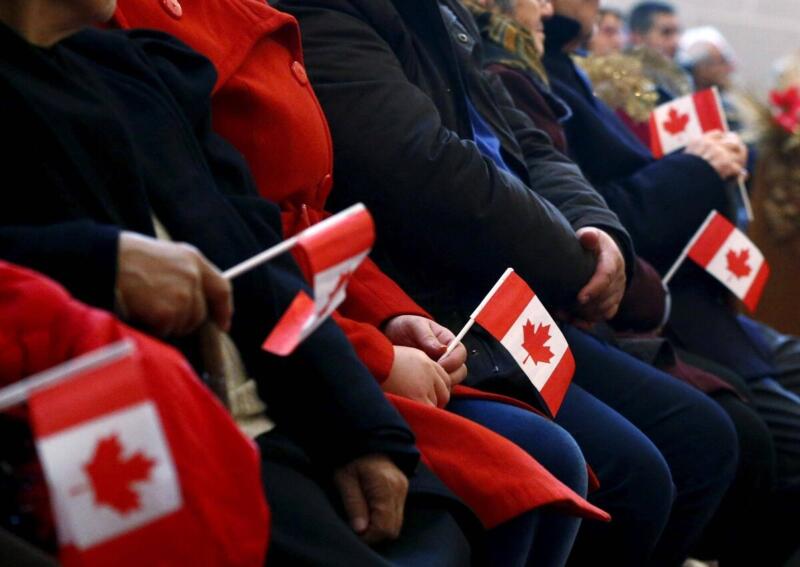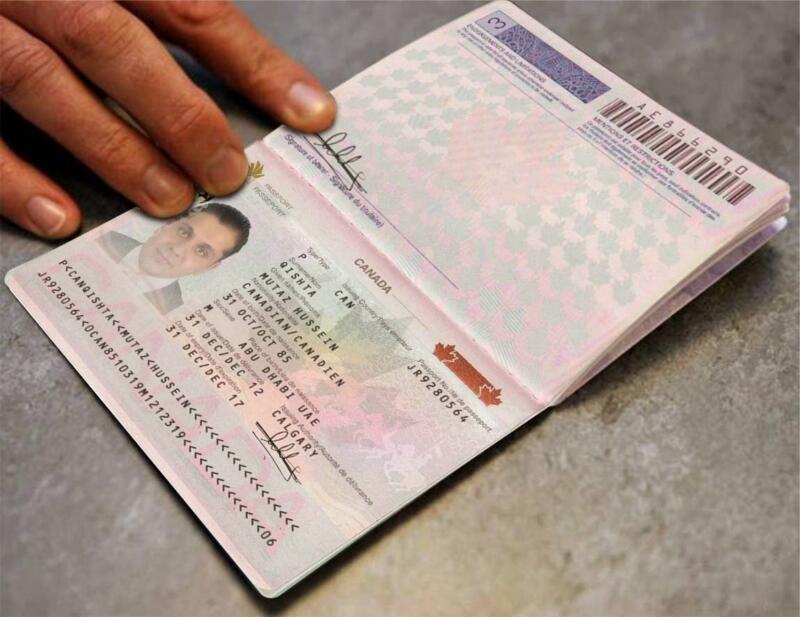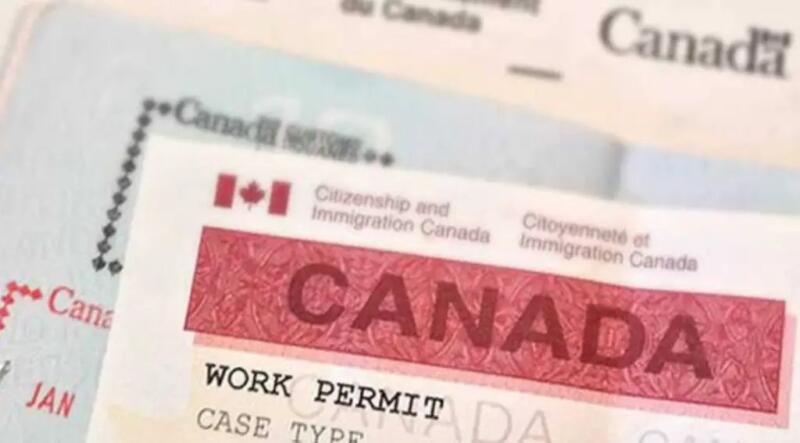“Can a refugee become a permanent resident in Canada?” is usually queried by International citizens going to Canada for safety. If yes, and if not, this article will explain everything to you.
Refugees are people at threat of hurt, worry for their lives, and cannot acquire the safety in their nations. Usually, these International citizens visit Canada to seek shelter by applying for refugee safety at the Immigration and Refugee Council of Canada. This article will explain who a Canadian refugee is, the kinds of refugees in Canada, the application procedures for permanent residents, and the papers required for your application.
Table of Contents
A Canadian Refugee
A Canadian refugee is a person in Canada already and has reached the point of entry, aspiring for safety from hurt or threat. Refugees can plead protection at the Immigration and Refugee Board of Canada. Hence, in most situations, such as illegal situations involving crime, the IRCC can conclude on the judgment.
Types of Refugees in Canada
There are various types of refugees in Canada. These refugees are listed and elucidated below:
1. Individuals in demand of protection
A refugee is often regarded as an individual in demand of protection if they were banished from their nation or maybe the nation they reside in is causing them agony. They tend to be in danger of unforgettable and harsh treatment or retribution. Furthermore, in situations where the country they live in is posing a threat to their well-being. Suppose the threat they are exposed to is not an aspect of the lawful punishments and is not triggered by medical maintenance or ineffective health.
2. Traditional Refugee
A conventional refugee is an individual who is afraid of persecution, resides on the outskirts of their federal nation, and can not come back since they can not be safeguarded within the country or are so scared of being persecuted. This anxiety has to be established on race, ethnicity, belief, political contention, or a member of a provided social group, which is mainly if the group can not be modified, which has to do with previous membership, sexual exposure, gender, and groups they recruit to be part of.
Remember that persecution involves miseries such as agony, death, menaces, guerilla detention, vicious partners, and administrative or non-administrative agencies. Again, if you bring in a refugee assertion, you must indicate that you possess no internal aviation option. Therefore, you have no place in your nation where you can reside safely and away from the difficulties and problems you go through. So, you may plead for safety if you observe you are a traditional refugee or an individual demanding protection. This can be carried out whenever you are inside Canada or almost going into Canada. You must apply under the Convention Refugees overseas category if you are not in Canada.
3. Nation of Asylum Class
The national asylum class is a refugee for people seeking assistance outside Canada. This person does not merit the eligibility for the traditional refugees; however, he is regarded as a member of the nation of asylum class. Until you are deemed a member of this category, you will be evaluated by the immigration official to understand if an armed battle, civil combat, or a massive transgression of human rights impacts you. After this, you can make an application for refugee status in Canada. Nonetheless, you are required to possess the money to sponsor yourself. However, in situations you do not, you and your dependence can contact the United Nations High Commissioner for support. Also, you can acquire assistance from organizations or help from a confidential body.
Should you find this piece engaging, we kindly invite you to explore the wealth of content in our other articles:
- Migration to Canada from Serbia: Four Pathways, Provisions, and Duration
- Sweden Student Visa Denial Reasons: Sweden Student Visa Win Rate
- How to Immigrate to Canada From Cameroon
- Implementation Of Policies To Increase Affordability Of Housing And Groceries In Canada
- Choosing the Right Credit Card as a New Immigrant in Canada
How A Refugee Can Become a Permanent Resident in Canada
On your journey to becoming a permanent resident in Canada as a refugee, you must first acquire a conclusion of acceptance from IRCC or the immigration and refugee committee that accepts your pre-disposal threats evaluation and authorizes your refugee assertions. After this, you obtain the status of a secured individual. You can apply for permanent residence in Canada on your new status as a secured person. Furthermore, you possess the liberty to attach your kids who are below 19 years old and your partner.
To apply for permanent residence in Canada, you and your family are not required to have a brutal criminal history, chronic infectious ailment, or illegal charges overseas or in Canada. Your status as a permanent resident implies that you can stay in Canada; however, you are not a citizen. Therefore, if you are a security threat or disobey the strict rules of Canada, you can forfeit your permanent residence standing.
Request for Permanent Residence
You are required to present your application to IRCC to make an application for permanent residence as a refugee. You can attach all your dependents to your list. However, any time you desire, you can exclude their names. The application involves you completing and writing out many forms and a generic application form.
Documents to be Presented for Application
Furthermore, to the application form, below are some other papers you will need to present with your application.
- Evidence of private identity (a duplicate copy) may include your travel papers, certificate of birth, or passport.
- A duplicate of your PRRA or IRB judgment
- If your paper is not in English or French, attach it with a translation. Hence, you must attach your papers with an affidavit if your translator is not approved.
- Fee receipt
Essentially, your application papers must possess accurate stamps and signatures before presentation. If a refugee is 18 or older, they must sign and date the documents independently. Hence, if the refugee is below 18, the legitimate parent or guardian must sign on behalf.
Liberties of a Permanent Resident
When you are finally a permanent resident in Canada, you will have the liberty to reside, get employed, and study in Canada permanently. Furthermore, you will find pleasure in so many of the freedoms provided to Canadian nationals, which have to do with the following:
- Study, get employed, or reside anywhere in any region or state of Canada.
- Possess the express prospect to make an application for Canadian citizenship.
- Furthermore, you will obtain a lot of the social advantages which has to do with health care protection, which every Canadian national acquires.
- Also, you will acquire coverage under Canadian law and appreciate every liberty of becoming a resident.
Notwithstanding the freedoms provided to permanent residents in Canada, there are restrictions to persons on what they can do. In most situations, you will not be qualified to vote or handle any office in Canada. Furthermore, you will not be eligible to make employment applications that need an increased rate of security clearance. You can forfeit your permanent resident status if you perpetrate a regrettable crime. Therefore, you will be driven out of Canada. Hence, you are bound to experience the same lawful duties as other Canadian nationals. These duties have to do with conforming to the laws and payments of taxes. Remember that you must reside in Canada for at least 24 months to maintain your status as a permanent resident. If, as a permanent resident, you have lived in Canada for 48 months, you can apply for citizenship.






